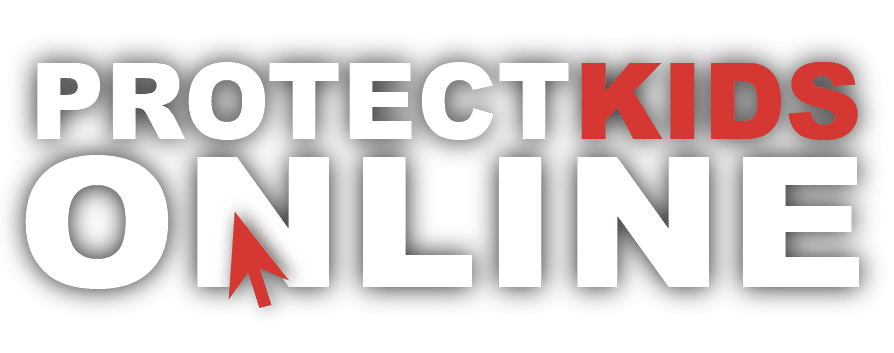FAQ: Age Verification Legislation
Nineteen states have now passed legislation to impose age-verification requirements on online porn distributors. As more states look to take on the porn industry, we’ve had a number of questions come up repeatedly from lawmakers and activists:
Is this legislation really necessary?
Yes. The average age of first exposure to porn is now just 12 years old. Meanwhile, numerous studies have linked porn use to mental health issues, relationship issues, and sexually abusive behavior. America has tolerated the proliferation of porn for long enough, and we’re seeing the harmful effects throughout our society. We should be protecting our kids, not giving porn companies unfettered access to them at such an early age.
Shouldn’t this be the parents’ responsibility?
Parents need help. Devices are everywhere. The internet is everywhere. And the most violent, psychologically damaging types of porn are more readily accessible now than ever before. We already have plenty of laws on the books to prevent kids from engaging in adult behavior – we don’t let kids buy cigarettes, drink alcohol, or place sports bets. Republicans and Democrats alike should be able to agree that there’s a public interest in protecting kids from premature exposure to the sordid world of online porn.
Does age verification actually work?
As long as we’re holding distributors of porn accountable, age verification can absolutely work. The technology has developed significantly over the last few years. The third-party age verification firms employed by some porn websites often don’t even require a government-issued ID to determine age. It’s not a question of capability, it’s a question of will, and the online porn companies are resisting because they know hooking kids on their product at an early age is critical to their business model.
Does age verification limit the free speech of adults or invade their privacy?
No. Adults are free under this bill to access online porn. The burden is on the websites to verify the age of their users, but they could do this via a variety of means. And as far as privacy goes, the legislation includes language that makes it illegal for porn websites or third-party age verification firms to retain any identifying data.
Is age verification constitutional?
In the 1996 case Reno v. ACLU, the Supreme Court struck down the Communications Decency Act (CDA), a federal anti-porn bill passed by Congress that sought to limit the online distribution of obscene and indecent material to minors. It is often suggested that this case “found” a First Amendment right to porn, thus limiting the ability of the people and their legislatures to restrict its distribution, but that is not entirely accurate.
In Reno, and later in 2004 in Ashcroft v. ACLU, which struck down the Child Online Protection Act (COPA), the Supreme Court made two distinct arguments: first, that there is indeed a compelling governmental interest in protecting kids from porn, and second, that any law restricting porn distribution to minors must be narrowly tailored and use the least restrictive means possible to prevent a broad suppression of adult “speech.”
We believe this legislation comports with the Supreme Court’s argument in that case – that implementing age-verification requirements is the least restrictive means possible to protect kids from online porn. The porn industry will disagree and inevitably challenge this law in court, but when all is said and done, there will be more than a dozen states standing together to take them on. We believe we will win.
Will the language in this bill be enough to stop online porn websites from distributing pornographic material to kids?
It’s not clear that this bill goes far enough to completely protect kids from online porn distributors, but it will certainly have an impact. PornHub, for example, has stopped offering its content in several of the states that have already passed this legislation. We believe setting a marker and establishing a state policy of protecting kids from online porn is a critical first step in this fight – and it would be a big win for families.

